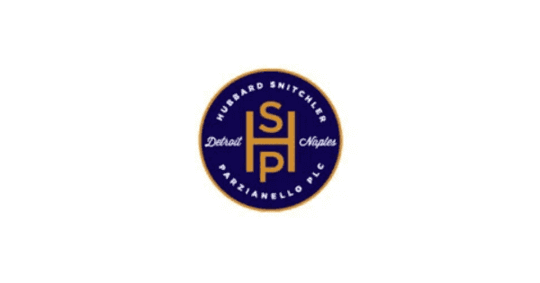In the Michigan business world, there are several ways to protect intellectual property and ensure that ideas are not stolen by other businesses. Intellectual property is protected by patents, trademarks and copyrights and when material is used without permission, the user may be in violation of the law.
Investopedia defines copyright infringement as the production or use of copyright-protected material. This is common in movies and music and although licensing companies can purchase the works for use from the copyright holder, all unauthorized use is copyright infringement.
The Digital Media Law Project states that it is important to understand the difference between plagiarism and copyright infringement. While they should both be avoided, plagiarism is when a person passes off another’s work as their own. While plagiarism has no legal liability, the user can be subjected to a copyright infringement claim.
One example of copyright infringement is a website owner publishing a collection of short stories without getting permission from the original authors. Even if the collection notes the original authors properly to avoid plagiarism, the owner may still be violating copyright laws.
Another example of the difference between the two is when an author of a blog publishes a copy of someone else’s words and passes them off as their own. This is considered plagiarism but is not considered copyright infringement if the work is considered part of the public domain.
Both copyright infringement and plagiarism are an issue in the example of a journalist who takes content from something published the day before. If it is passed off as their own work, then they have violated both.
Businesses who have taken the time to copyright their material also deserve the right to benefit from the use of it. Anyone who feels their copyright has been infringed upon may benefit from speaking to an attorney.
-
Facebook
-
Twitter
-
LinkedIn

